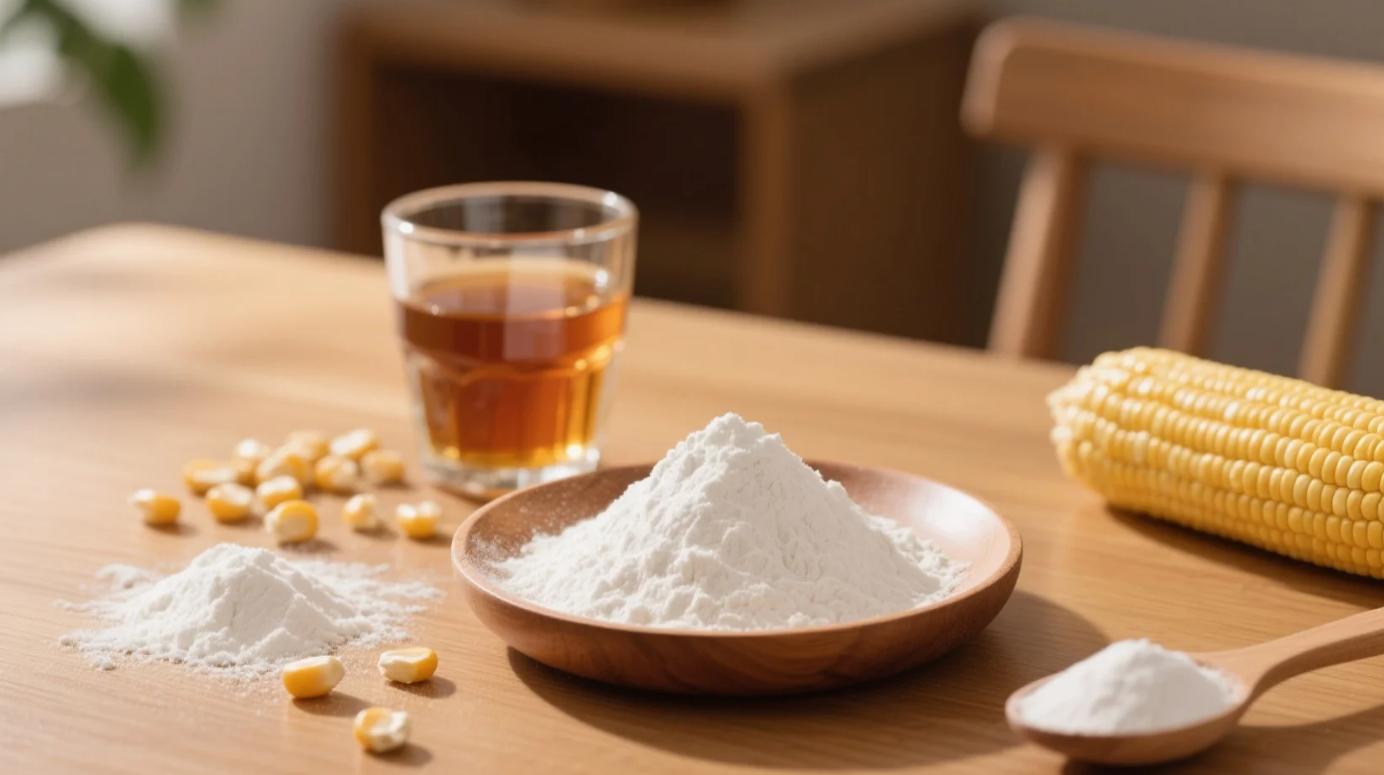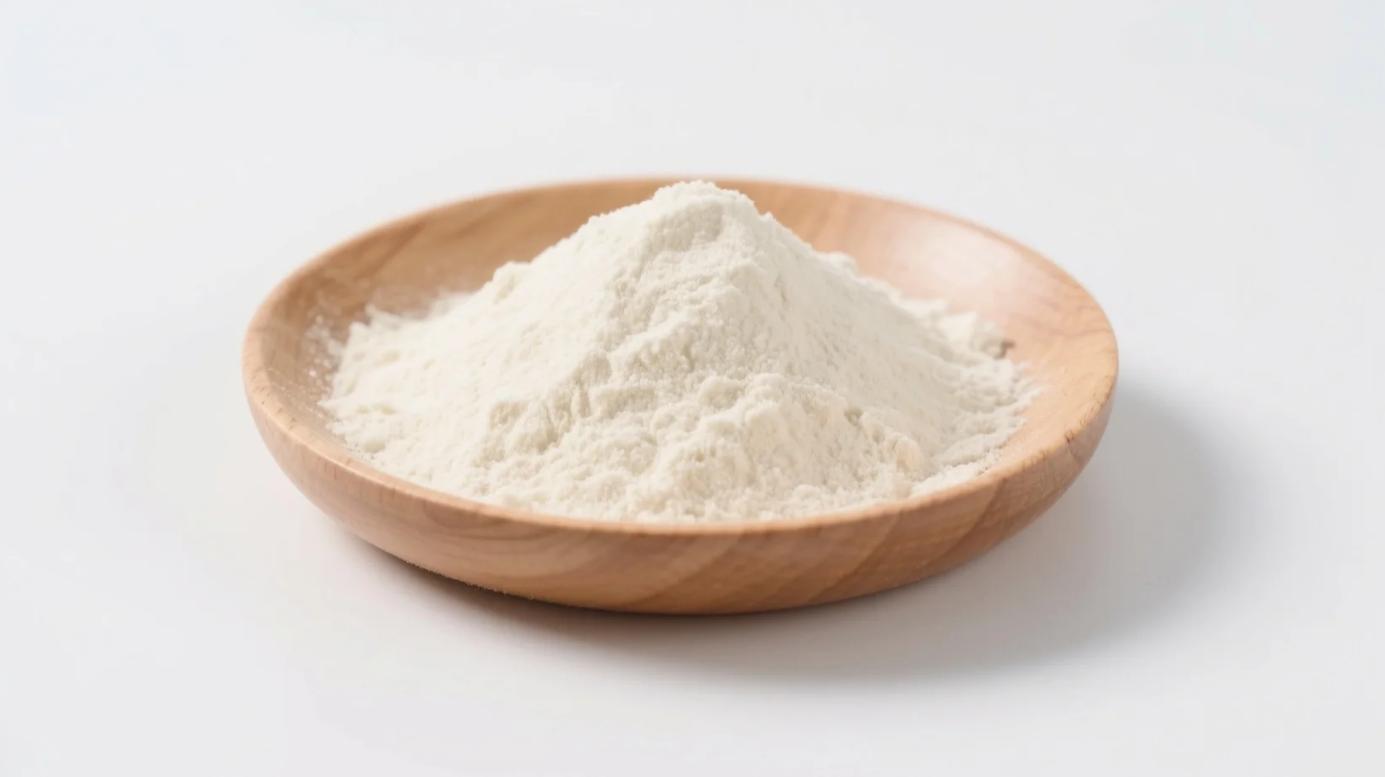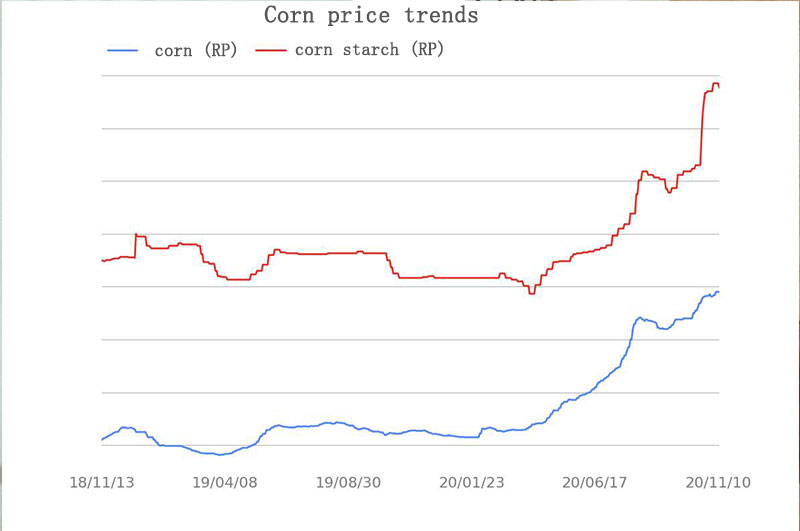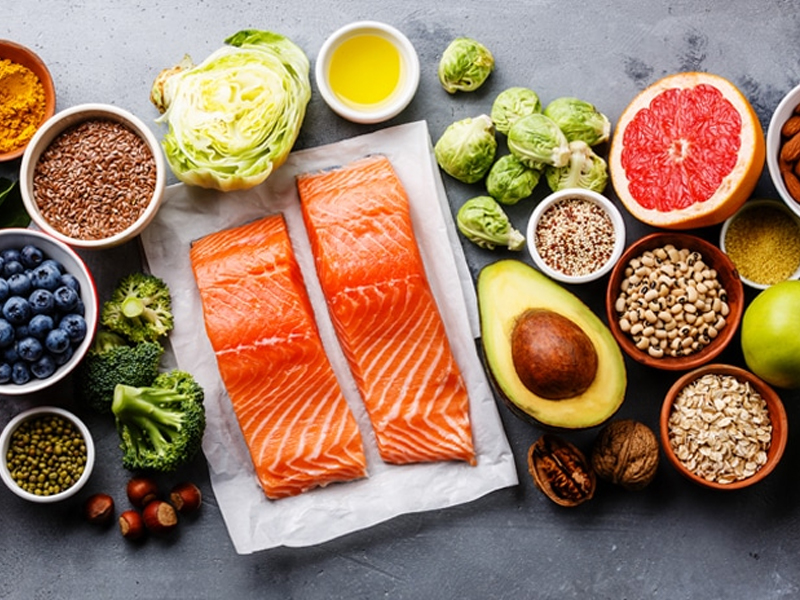The Fiber Revolution: Why Your Diet Needs Resistant Dextrin
In a world obsessed with gut health, organic resistant dextrin—a soluble prebiotic fiber derived from non-GMO cassava or corn—is stealing the spotlight. Touted as a digestive superhero, does it live up to the hype? Let’s unpack the science behind this innovative ingredient and why its organic form is a game-changer.

1. What Makes Resistant Dextrin Unique?
Resistant dextrin is a type of fermentable dietary fiber that bypasses small intestine digestion, reaching the colon intact. There, it feeds beneficial gut bacteria, producing short-chain fatty acids (SCFAs) like butyrate—a fuel source for colon cells.
Key Benefits:
- Boosts Gut Diversity: A 2023 Gut Microbes study found resistant dextrin increased Bifidobacterium by 40% and Akkermansia by 25% in 8 weeks.
- Balances Blood Sugar: Slows glucose absorption, reducing post-meal spikes by 30% (American Diabetes Association).
- Lowers Cholesterol: Binds to bile acids, flushing out LDL (“bad” cholesterol) from the body.
2. Organic Certification: Why Source Matters
Conventional dextrin may come from GMO crops or contain pesticide residues. Organic resistant dextrin guarantees:
- Non-GMO & Glyphosate-Free: Protects gut microbiota from chemical disruptions.
- Clean Enzymatic Processing: Uses natural enzymes instead of synthetic acids, preserving prebiotic potency.
- Sustainable Farming: Organic cassava requires 50% less water than wheat, reducing environmental strain.
3. Resistant Dextrin vs. Other Fibers: The Gut Test
| Fiber Type | Prebiotic Strength | Digestive Tolerance | Organic Availability |
|---|---|---|---|
| Resistant Dextrin | High (SCFA boost) | Excellent (low gas/bloat) | Widely certified |
| Inulin | Moderate | Poor (high-FODMAP) | Rare |
| Psyllium Husk | Low | Moderate (bulk-forming) | Common |
| Wheat Dextrin | Low | Good | Rare (often GMO) |
Verdict: Resistant dextrin combines high prebiotic power with gentle digestion—ideal for sensitive guts.
4. How to Use Organic Resistant Dextrin Daily
- Morning Boost: Mix 5g into coffee or smoothies for a fiber kick without grit.
- Baking Secret: Replace 20% of flour in muffins for a moist, low-glycemic treat.
- Soups & Sauces: Thicken recipes while adding gut-friendly fiber (heat-stable up to 200°C/392°F).
- Hydration Hack: Add to electrolyte drinks for sustained energy during workouts.
Pro Tip: Start with 3g/day and increase gradually to let your microbiome adapt.
5. Debunking Myths: Is Resistant Dextrin Safe?
Myth: “All fibers cause bloating.”
Fact: Resistant dextrin’s low-FODMAP status and slow fermentation minimize gas production.
Myth: “It’s just another processed ingredient.”
Fact: Organic certification ensures minimal processing without synthetic additives.
6. The Future of Functional Fiber
- Synbiotic Blends: Paired with L. rhamnosus probiotics for 2x gut health benefits.
- Weight Management: Clinical trials show 10g/day reduces visceral fat by 5% in 12 weeks.
- Carbon-Neutral Production: Brands like Fibersol use solar-powered fermentation tanks.
Fiber, Reinvented
Organic resistant dextrin isn’t just a supplement—it’s a lifestyle upgrade for your gut, metabolism, and planet. By choosing organic, you harness pure prebiotic power without compromising on purity or sustainability.
Nourish your microbiome. Thrive organically.
Recommended Product
Organic Resistant Dextrin
Low-Calorie Prebiotic Fiber for Digestive Health & Clean-Label Formulations


